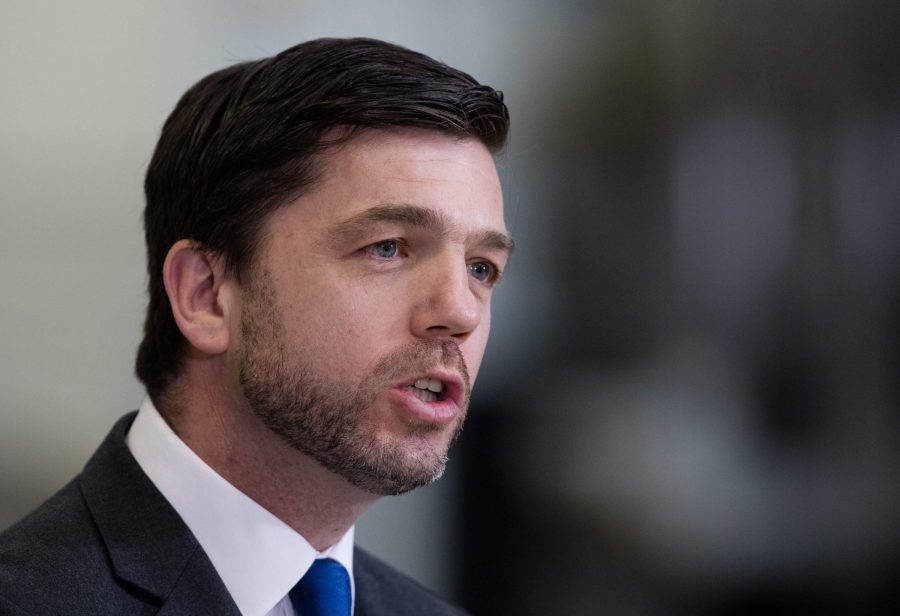WESTMINSTER’s status as an anachronistic set of procedures and rules subject to the whims of a Government with an eighty-seat majority was further emphasised in farcical scenes in and around the House of Commons today (Tuesday, June 2).
The biggest laugh of the day was inadvertently provided by local MP Stephen Crabb.
Alarmed by the Prime Minister’s appalling performances at PMQs without packed backbenches to cheer him on and bay at the opposition leader, the Leader of the House of Commons, Jacob Rees Mogg, called a vote which meant that only members present in the Palace of Westminster would be allowed to vote and speak in Commons debates.
During the prevailing coronavirus precautions, members had been allowed to attend proceedings online and vote and speak using digital technology.
Anyone on College Green today outside the Houses of Parliament would have been bemused by the sight of members formed in a line to allow them to cast their votes in a non-debate. The queue of members waiting to vote stretched from the Commons chamber, around Westminster Hall, and onto the green outside.
The strong smell of farce was unmistakable as those MPs who are often considered lobby-fodder, fed themselves into the lobby to vote along Party lines.
The comedy potential of proceedings was amply demonstrated by Stephen Crabb. Entering the Chamber to cast his vote, Mr Crabb stepped to the ‘no’ side and said ‘aye’. Realising his error, he proceeded to the ‘aye’ side of the Speaker’s Chair to cast his vote and voted ‘no’.
The incident was captured on video, along with Mr Crabb’s eye-rolling moment of realisation about his mistakes. He finally managed to vote in favour of the Government’s motion, which was carried by a substantial majority.
A clip of the incident is here:
https://news.sky.com/video/coronavirus-mp-goes-wrong-way-to-vote-then-votes-wrong-way-11999430
Meanwhile, the devolved governments continue to operate in the twenty-first century instead of the nineteenth.
















